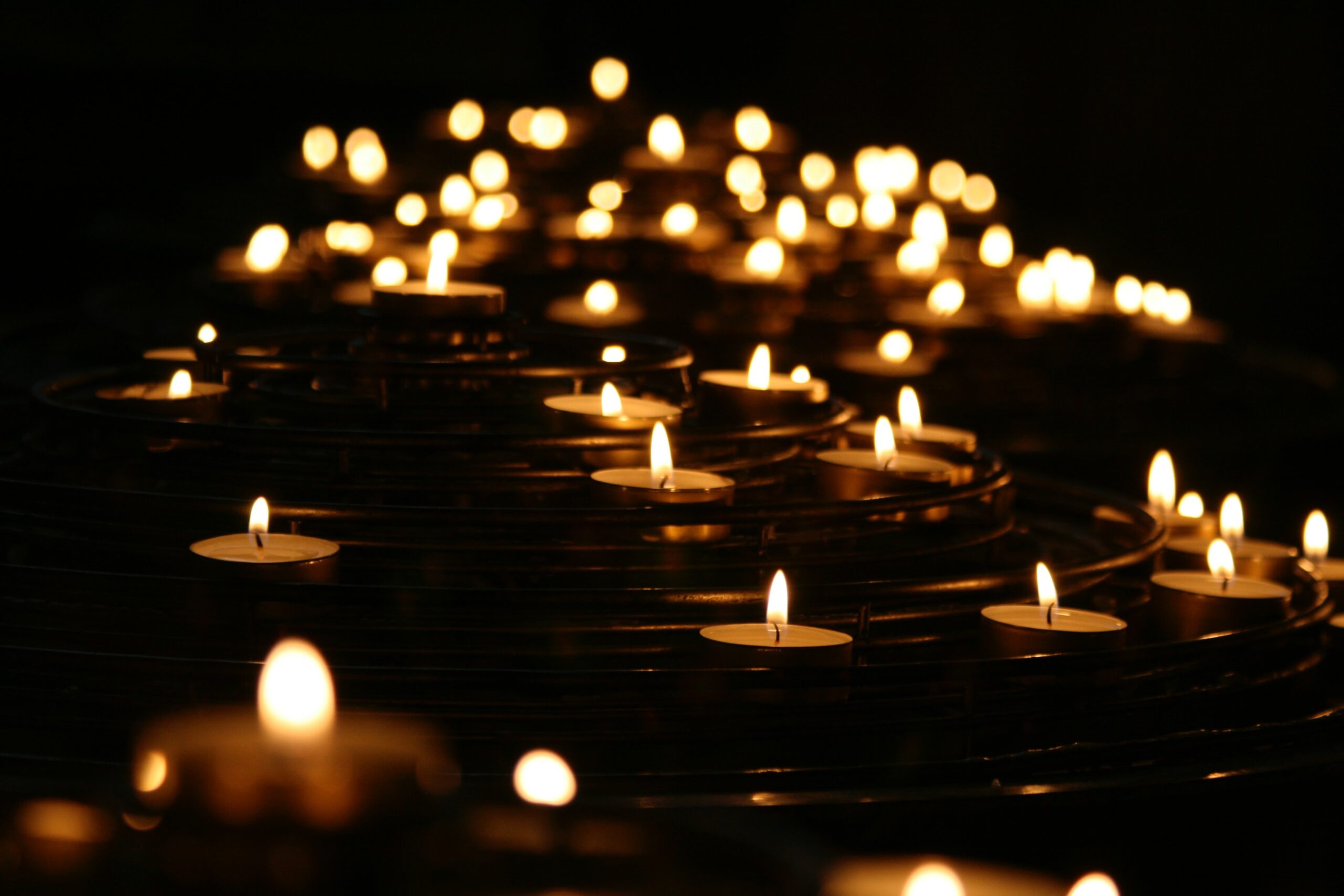I recently experienced an anniversary of the death of a loved one. It’s been so many years that I don’t even remember the date but I’ll always remember the season and the subtle reminders leading up to it. Of course this isn’t the only meaningful loss and there have been others, but as they roll around I tend to wonder where I am in the grieving process.
Elisabeth Kubler-Ross, a Swiss-American psychiatrist, developed a 5 stage model of grief including denial, anger, bargaining, depression, and acceptance. Often, people hope to move through these phases one at a time, as if moving through a checklist, however her research and literature is clear in sharing that moving through grief is nonlinear and you may find yourself frequently in different stages. These stages have been misunderstood and are more so a framework on working through grief rather than a checklist. I believe we have latched onto the idea of stages and steps because they are clearly written out and look like a guidebook, however it rarely works this way, if it works at all since some people don’t experience all of the “stages.”
I frequently tell clients that grief shows up in aisle 5 of the grocery store, the midnight trip to the bathroom, or when you’re walking to the mailbox. These are all fairly mindless activities, and while mentally you may feel that you are in a better place, there are no rules to say that grief can always come creeping in at weird and random times making you revisit your feelings.
As a therapist, I also try to be mindful with the language I use. “Time heals all,” “closure,” and “healing” are all go-to nomenclature, however they all don’t reflect the deeply personal experience of grieving. Time, like grief, is constant and to say to someone “give it time,” can minimize their experience and make them feel like nothing can be done in the moment. “Closure” feels like the moment you close on your house or the 9th inning baseball pitcher entering the game. And “healing” is another one of those icky words. If we could heal psychic pain the same way we heal physical pain (e.g. papercuts and broken bones), then would we even grieve at all?
Grief is often associated with the loss of a loved human or pet, however we grieve more often than not. I would go as far to say that we grieve something everyday. We grieve expectations and opportunities. We grieve relationships and interactions. Grieving is a universal and expansive experience. It’s also a feeling that may be hard to describe which is why when I say, I can sense the grief with subtle reminders, my body is often the first to tell me that an anniversary is coming up, before my mind is able to connect the dots.
I move through my grief by inviting it in with curiosity, wondering how it’s impacting my day and my connection with others. I make the time to lean into something that feeds my soul and I try to be gentle with whatever thought or feeling arrives.






